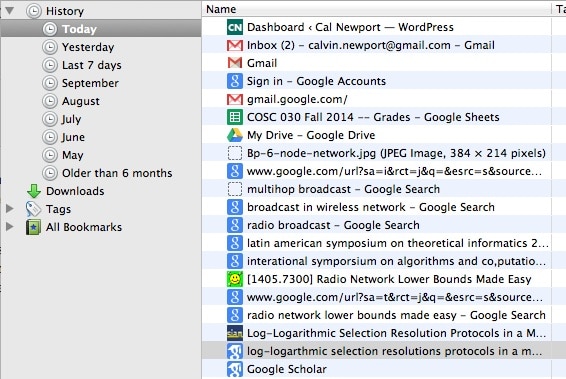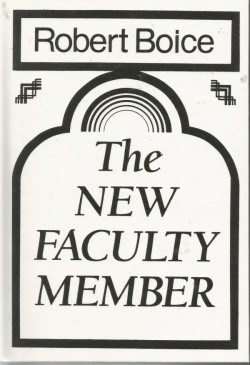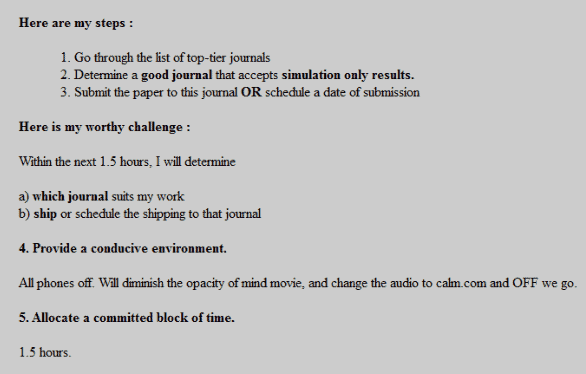
The NASA Paradox
In 2008, Dan Markovitz was meeting with a group of R&D engineers at a high tech company. The engineers began complaining about e-mail.
They were overwhelmed by the hundreds of messages arriving every day in their inbox, but at the same time, they agreed that this was unavoidable. Without such intensive e-mail use, they reasoned, their teams’ efficiency would plummet.
This conclusion led one of the engineers to ask an interesting question:
If this is true, “how [did] NASA’s engineers manag[e] to put a man on the moon without tools like email?”
Think about this question for a moment. The Apollo program was massive in size and complexity. It was executed at an incredible pace (only eight years spanned Kennedy’s pledge to Armstrong’s steps) and it yielded innovations at a staggering rate.
And it was all done without e-mail.
How did the Apollo engineering teams manage something so complicated and large without rapid communication? Fortunately for this particular group, an answer was available. It turned out that a senior engineer at this high tech company had also worked on the Apollo program, and someone asked him this very question.


 David Brooks’s
David Brooks’s 
 Lounging in Lauinger
Lounging in Lauinger
